Hemp, also known as industrial hemp, is a versatile plant that has been used for thousands of years for various purposes. In recent years, hemp has gained popularity for its nutritional and medicinal benefits. Growing hemp for health is not only good for our bodies but also for the environment, as it is a sustainable crop that requires minimal water and no pesticides.
Nutritional Benefits of Hemp
Hemp seeds are a rich source of nutrients, including protein, fiber, and essential fatty acids. They are also packed with vitamins and minerals, such as vitamin E, magnesium, and zinc. Hemp seeds are a complete protein, meaning they contain all nine essential amino acids that the body cannot produce on its own.
Adding hemp seeds to your diet can help improve your overall health. They can boost your immune system, support heart health, and aid in digestion. Hemp seeds are also a great source of energy and can help you feel full longer, making them a great addition to your daily meals.
Medicinal Benefits of Hemp
In addition to its nutritional benefits, hemp also has medicinal properties that can help treat a variety of health conditions. Hemp contains cannabinoids, such as CBD (cannabidiol), which have been shown to have anti-inflammatory, antioxidant, and analgesic properties.
CBD has been used to help alleviate symptoms of chronic pain, anxiety, depression, and epilepsy. It has also been shown to help improve sleep quality and reduce the frequency and severity of seizures in patients with epilepsy.
Furthermore, hemp has been used to treat skin conditions, such as eczema and psoriasis, due to its anti-inflammatory and moisturizing properties. It can also help reduce acne and promote healthy skin cell regeneration.
Growing Hemp for Health
Growing hemp for health is a rewarding experience that can benefit both you and the environment. Hemp is a low-maintenance crop that grows quickly and requires little water. It can also help improve soil health and reduce the use of pesticides and herbicides.
When growing hemp for health, it is important to choose high-quality seeds and provide the plant with the right growing conditions. Hemp thrives in well-drained soil with plenty of sunlight. It is also important to monitor and control pests and diseases to ensure a healthy crop.
Conclusion
Growing hemp for health is a sustainable and beneficial practice that can improve your overall well-being. With its nutritional and medicinal benefits, hemp is a superfood that can support your health in various ways. Incorporating hemp seeds into your diet and using hemp-derived products can help you lead a healthier and more balanced life.
FAQs
1. Is hemp the same as marijuana?
No, hemp and marijuana are different varieties of the Cannabis plant. Hemp contains very low levels of THC (tetrahydrocannabinol), the psychoactive compound found in marijuana, making it non-intoxicating and safe for consumption.
2. Are hemp products legal?
Yes, hemp products that contain less than 0.3% THC are legal in the United States and many other countries. However, it is important to check the laws and regulations in your area before purchasing or using hemp-derived products.
3. How can I incorporate hemp into my diet?
You can add hemp seeds to smoothies, salads, yogurt, and baked goods. You can also use hemp oil in cooking and baking or use CBD oil as a dietary supplement. Be sure to start with a small amount and gradually increase your intake to see how your body responds.

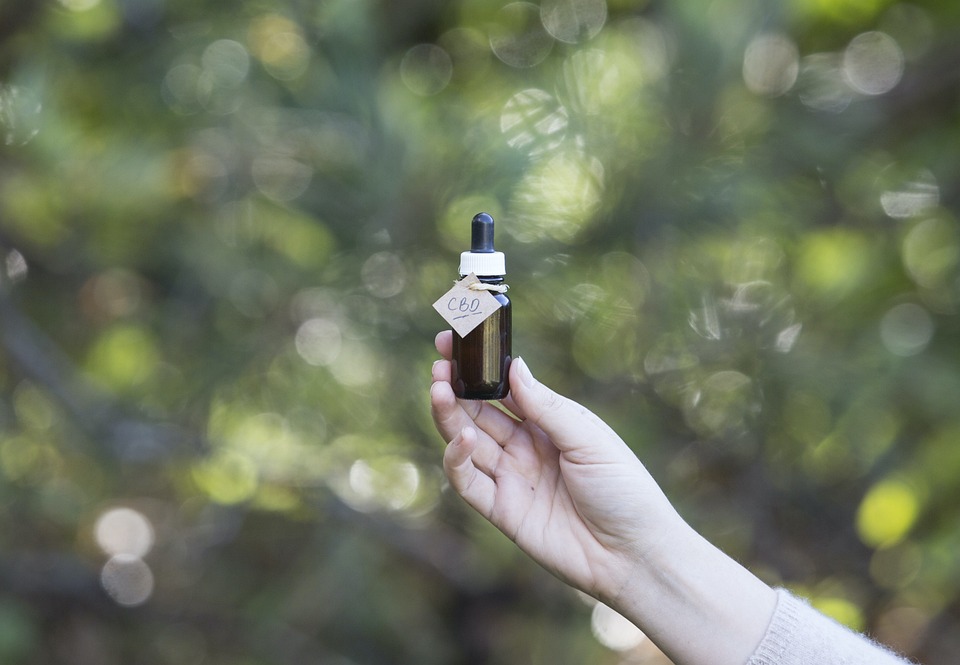
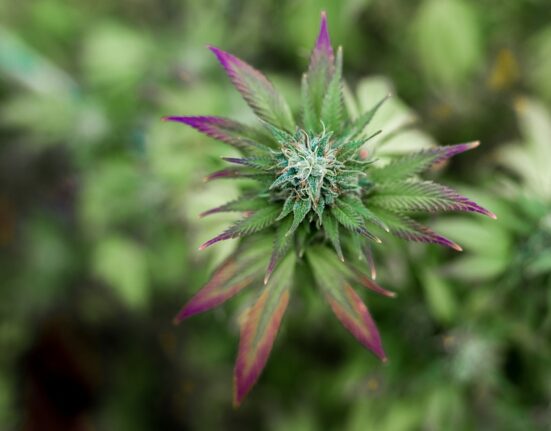
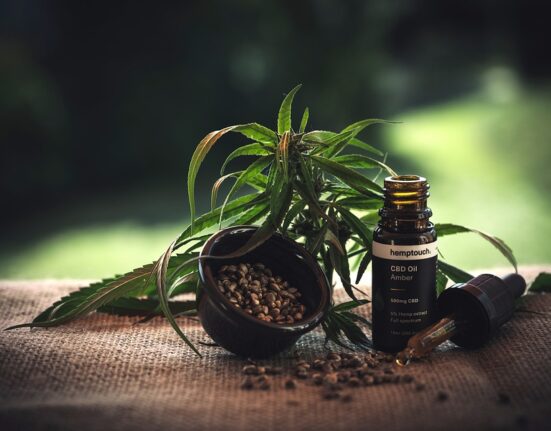
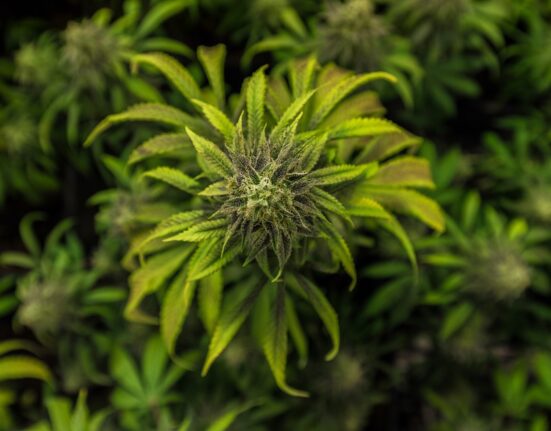
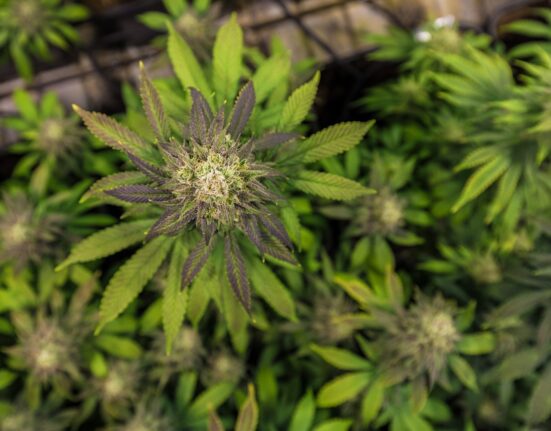
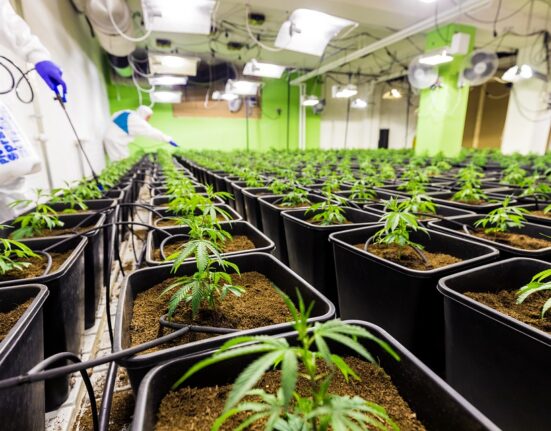
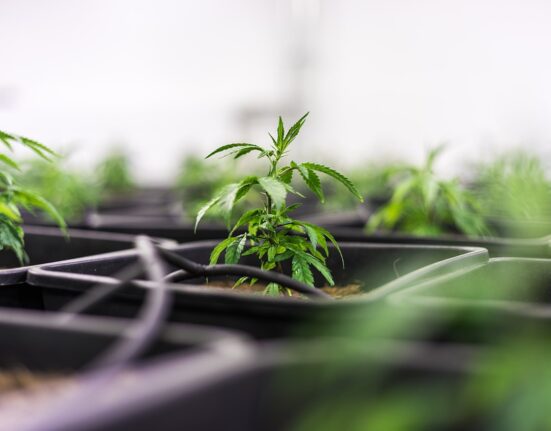
Leave feedback about this